Trending
Opinion: How will Project 2025 impact game developers?
The Heritage Foundation's manifesto for the possible next administration could do great harm to many, including large portions of the game development community.
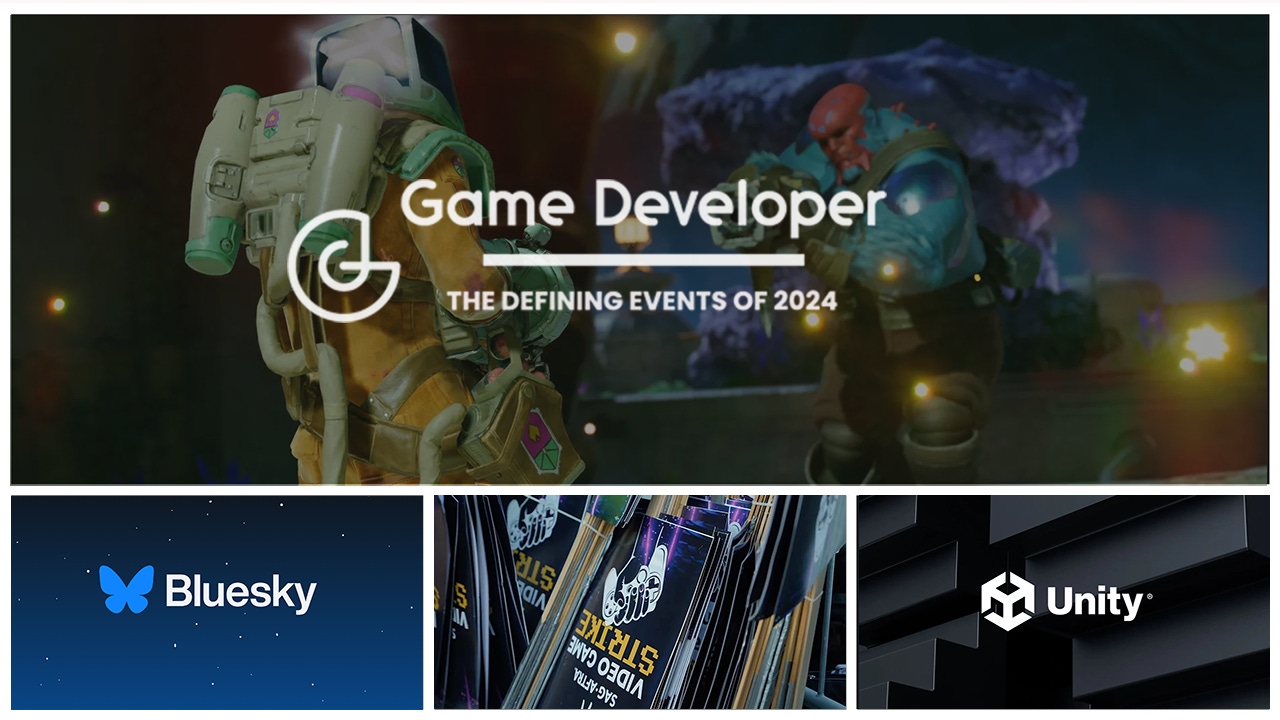
2024 was another momentous year for the video game industry–and not always for the right reasons. Instability reigned supreme, with juggernauts like Microsoft, Sony, Embracer, EA, Unity, and more ruthlessly downsizing in pursuit of sustainability after years of rampant spending and questionable decision-making that has now come home to roost.
Layoffs, studio closures, divestments, and dwindling funding opportunities dominated the news cycle as a result, with developers so often paying the price for the choices being made in the c-suites above. Perhaps more than ever, there's a palpable disconnect between those employees in the trenches of production and the suits perched atop the corporate throne. There were collective groans from game makers as a litany of major players started throwing their weight behind generative AI technology at perhaps the worst possible time–and crucially, without offering any concrete ideas as to how those AI will be used to meaningfully innovate.
If there's a silver lining, it's in how the development community has responded. Unionization gathered pace across the industry as workers joined forces to fight for better working conditions in the face of colossal adversity. Huge swathes of people departed X for Bluesky, giving Elon Musk and his increasingly homogenous 'marketplace for ideas' the middle finger on the way out. Indie releases like Balatro, Animal Well, Indika, Summerhouse, UFO 50, Pacific Drive, and so many others showed how electric this industry can still be when creatives are given room to soar.
As always, those moments–good and bad–will come to define us as we move into 2025. So, in no particular order, here's a look back on some of the most seismic events that shaped us over the past year.
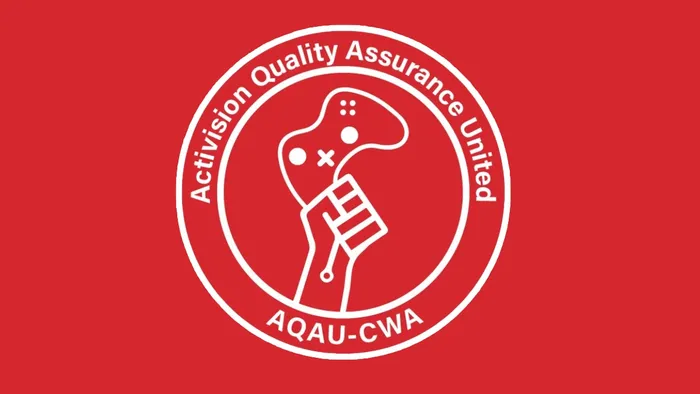
Image via AQAU-CWA
Wind back the clock a few years and the notion of developer-led unions forming at major game studios would have seemed like a fantasy. Now, it's a story that has become almost commonplace. Unionization continues to gather pace, with staff at Ubisoft, ZeniMax, Sega of America, 2K, Avalanche Studios, and Embracer having all joined or formed unions in recent years to fight for better working conditions. This year, however, felt like a major tipping point.
In March, a group of around 600 quality assurance workers at Activision Blizzard formed the largest certified union in U.S. video game history. The union, dubbed AQAU-CWA, was swiftly recognised by Microsoft and coalesced with assistance from the Communications Workers of America. The unit includes workers across a number of Activision Blizzard studios in California, Texas, and Minnesota. Union members quickly set out their stall and outlined plans to fight for better wages and more career opportunities for those working in QA.
"Quality Assurance roles are described as a way to get your foot in the door in the video game industry, but the truth is at best we get the internal job posting before the public does," said one union member. "We’re ready to grow our careers here, and believe that having a strong union contract will set workers and the company up for success." Just a few months later, the entire World of Warcraft development team (comprising over 500 employees) formed a wall-to-wall union under the Microsoft banner, suggesting the snowball of unionization is perhaps becoming a full-blown avalanche. —Chris Kerr, news editor
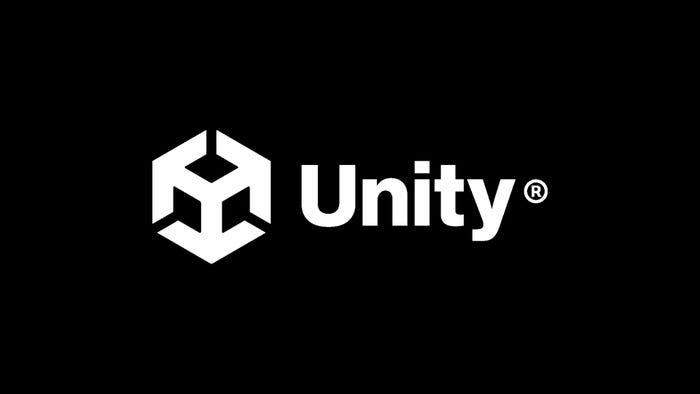
Image via Unity.
When Unity reversed its plans to charge developers either a fee based on installs or a percentage of their revenue after they reached a certain level of income, the game development world breathed a sigh of relief. The reversal was a sign that one of the game industry’s most trusted partners would listen to feedback and recognize the danger of changing developer’s whole business models practically overnight. What had threatened to be an existential crisis to developers locked into the Unity lifecycle burned away in a catalyst that didn’t just reshape the game engine landscape, but Unity itself.
Unity now looks like a very different company than the one that enthusiastically announced the Runtime Fee in September 2023. Unfortunately that change came with a cost, as the company laid off over 25 percent employees in the last year, sheepishly telling investors that the Runtime Fee revenues wouldn’t boost its finances any time soon. Those workers paid the price for the decisions of a C-Suite (led by former CEO John Riccitiello) that had grown so distant from the video game industry it spent more time talking about global "Real-Time 3D" applications and advertising networks then the business of game development.
But in an unusual move for any big corporation laying off workers, that C-Suite is…gone. Riccitiello slipped out in the dead of night one month after the Runtime Fee backlash, then executives like Marc Whitten, interim CEO Jim Whitehurst, and others all stepped out the door. Former Zynga COO Matthew Bromberg is now CEO and new leaders like senior vice president and chief revenue officer of Unity Grow Nadav Ashkenazy, chief operating officer Alex Blum, and senior vice president and chief people officer Marisa Eddy. When you do a year-over-year comparison of company leadership, the changes are stunning, with only senior vice president and chief legal officer Anirma Gupta still hanging around.
The Runtime Fee’s cancellation is the closing act what was undoubtedly a yearlong transition for the company. How well will that company serve game developers? We’ll only know as developers adopt Unity 6 in 2025. —Bryant Francis, senior editor
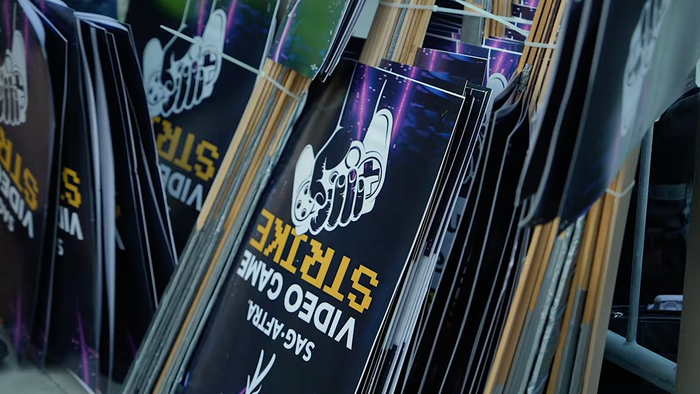
Image via SAG-AFTRA.
SAG-AFTRA, the performer’s union (which includes voice actors, motion capture artists, and other performance artists who work on games) made huge waves this year by striking against large publishers when negotiations broke down in July. Protections against unethical AI use—say, a company’s ability to take assets like voice or capture data from a performance, train AI on it, and never compensate the performer for that—have been at the heart of the fight since the start.
In the months since, SAG-AFTRA has won some hard-fought battles, signing a number of projects to union-approved interim contracts, establishing a localization agreement, and rolling out contract tiers for indie developers. But the strike continues for thousands of performers. —Danielle Riendeau, editor-in-chief
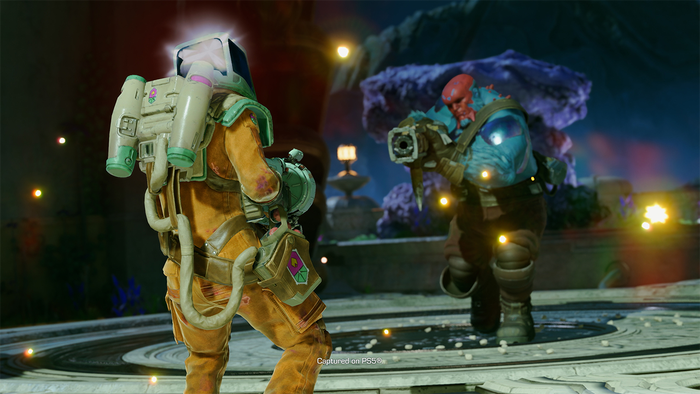
Image via Firewalk Studios/PlayStation.
There have been countless games that’ve failed to find an audience, especially in recent years. But the situation around Firewalk’s Concord was the kind of hard rejection rarely seen nowadays, particularly for a big budget, triple-A title. From the moment it was unveiled as a multiplayer hero shooter at a PlayStation event earlier this year, the knives were out and it was a “death by a thousand cuts” situation.
PlayStation seemed unable to decide whether to leave Concord and Firewalk to the wolves or try winning skeptics over. Compared to other major PlayStation titles, marketing for the game was basically nonexistent, save for a pre-release beta. Prime Video’s Secret Level anthology series features an episode dedicated to the game months after it and Firewalk were shut down, creating an awkward footnote for something that was clearly being positioned as the launchpad for a larger franchise.
Concord will stand alongside Anthem and other failed live-service shooters as a punching bag that’s also wistfully remembered as something that could’ve been great under better circumstances. But as a first-party PlayStation title, it’s one of the worst (self-inflicted) blows Sony's taken in recent memory, and a warning against becoming invested in any live-service offerings waiting in the wings.—Justin Carter, contributing editor
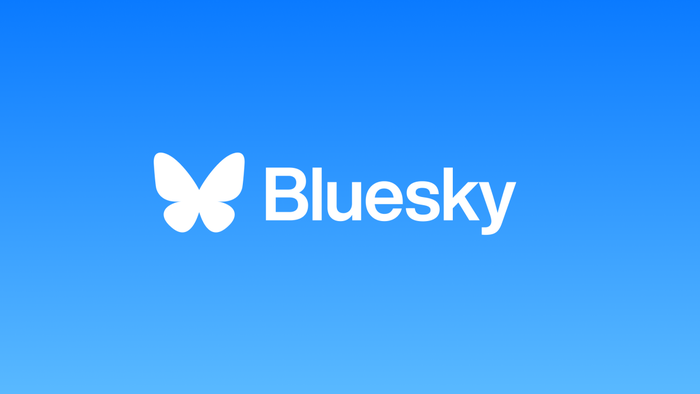
As Game Developer’s community editorial coordinator, I’ve had front-row seats to the mass departure from Twitter/X this year, watching as innumerable game developers made the switch in light of increasing faux pas on the part of the former platform.
Whether it was lax and inconsistent moderation policies, the removal of key features and filtering tools, the dramatic decline in organic engagement, or just all-around bad vibes, the reasons for the exodus were numerous and varied, with developers expressing a desire to rebuild their community in light of diminishing X returns. The end result is that Bluesky now stands at 24 million users, as a reported one-fifth of X’s U.S. base and one-third of its UK users have left X following the recent US presidential election. —Holly Green, community editorial coordinator
Thank you for revisiting this year’s most significant events with us! This article is one of many 2024 reflections hitting GameDeveloper.com this month, with more to come! For even more thoughts and insights on the best of 2024, check out our Game Developer’s 2024 Wrap-Up keyword to catch up on all our End of Year content.
Read more about:
FeaturesGame Developer EssentialsTop StoriesGame Developer's 2024 Wrap-Up: Top Games, Devs, and TrendsYou May Also Like